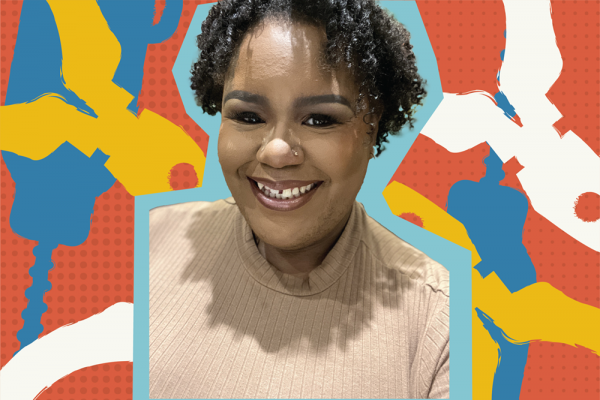Nov 12, 2024
D. Danyelle Thomas, the digital pastor of Unfit Christian and the author of The Day That God Saw Me as Black, also finds theological meaning in fiction. One of the conversation partners for her book is the literature of Toni Morrison. I love Morrison because her characters are often struggling with life’s deepest theological questions while also proudly asserting that they are Black and beautiful. Thomas articulated this idea in her own words, saying, “I don’t navigate this world without my Blackness, so I certainly won’t navigate my relationship with God without it.”
Read the Full Article

Already a subscriber? Login
